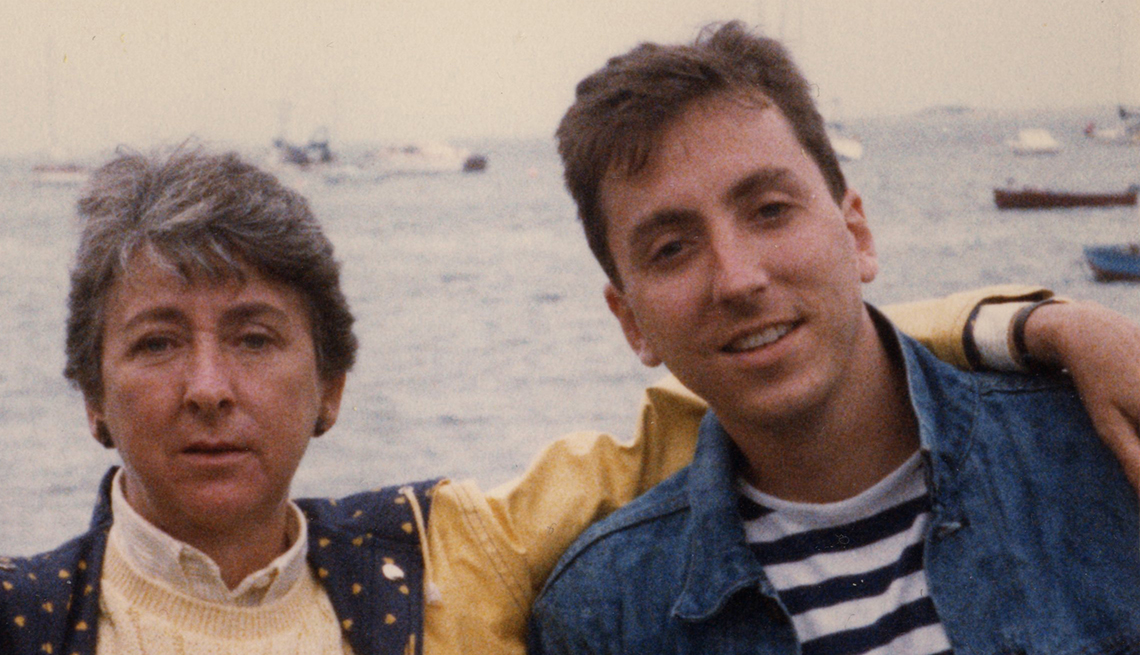
Being my mom’s caregiver saved me
- Select a language for the TTS:
- UK English Female
- UK English Male
- US English Female
- US English Male
- Australian Female
- Australian Male
- Language selected: (auto detect) - EN
Play all audios:

I never knew a house could be so quiet. Or that as a middle-aged man, I could be so bereft and directionless. My mother died a few months ago; we were very close, so this would’ve hurt like
hell, anyway. But in the last year, I became my mother’s caregiver. This, putting it mildly, was not my dream job. Yet over the course of that year, something changed. The more I cooked,
cleaned, listened to mom’s stories and started running the house, I went from restless and resentful, to a man who actually _liked_ his work. Taking care of this woman helped me transcend
myself—for the first time in my life I became that guy who does stuff for other people, the one who actually cares. I miss that new _me_, almost as much as I miss my mom. It’s safe to say
that initially I would have been absolutely no one’s first choice to be a caregiver. I was your classic, carefree bachelor, living in New York City. I was good with dogs, passable with house
plants—and that was about as far as my day-to-day concerns stretched. I loved being unattached and unencumbered. But when my mom was stricken with a serious heart problem it quickly became
clear she couldn’t stay in our beloved family house alone. I was wildly unimpressed with the professional home healthcare workers I’d met: They seemed way too interested in babbling on their
cells and watching daytime TV. So I decided to step in. I sublet my apartment, moved back to the house where I grew up in upper Westchester, NY and tried to take care of the woman who once
did this job so well for me. I won’t lie to you: I was not a natural. I had various levels of success with the vacuum cleaner and was vaguely competent using a pill cutter for mom’s meds.
But when it came to washing floors and making meals, I experienced an eerie case of deja vu. As a teen, I had to do such jobs—and I hated ‘em. If I was being graded by Olympic judges, my
scores would’ve been embarrassingly low for both degree of difficulty _and execution_. My cooking was particularly frightening: lumpy oatmeal, soup salty enough to send a seven year old’s
blood pressure soaring, terrifying main courses. What made this worse for me: my mom never complained. Sure, she criticized my impatience and my surly attitude, but never the work itself.
Hello, guilt. But things change. Slowly, I started to master nursing and housekeeping. And I began to know this woman, not just as mother, but as person, too—one with actual feelings,
experiences of loss and a (_gulp_) love life. Perhaps most enlightening was the conversation we had when my mom talked about my dad, who’d died a few years earlier. “Did you know,” mom once
said, lying in bed, as I dusted her night table, “that your father and I genuinely _liked_ each other? Sometimes, early in our marriage, we’d stay up all night, just talking. Even though we
both had to get up early to go to work.”
